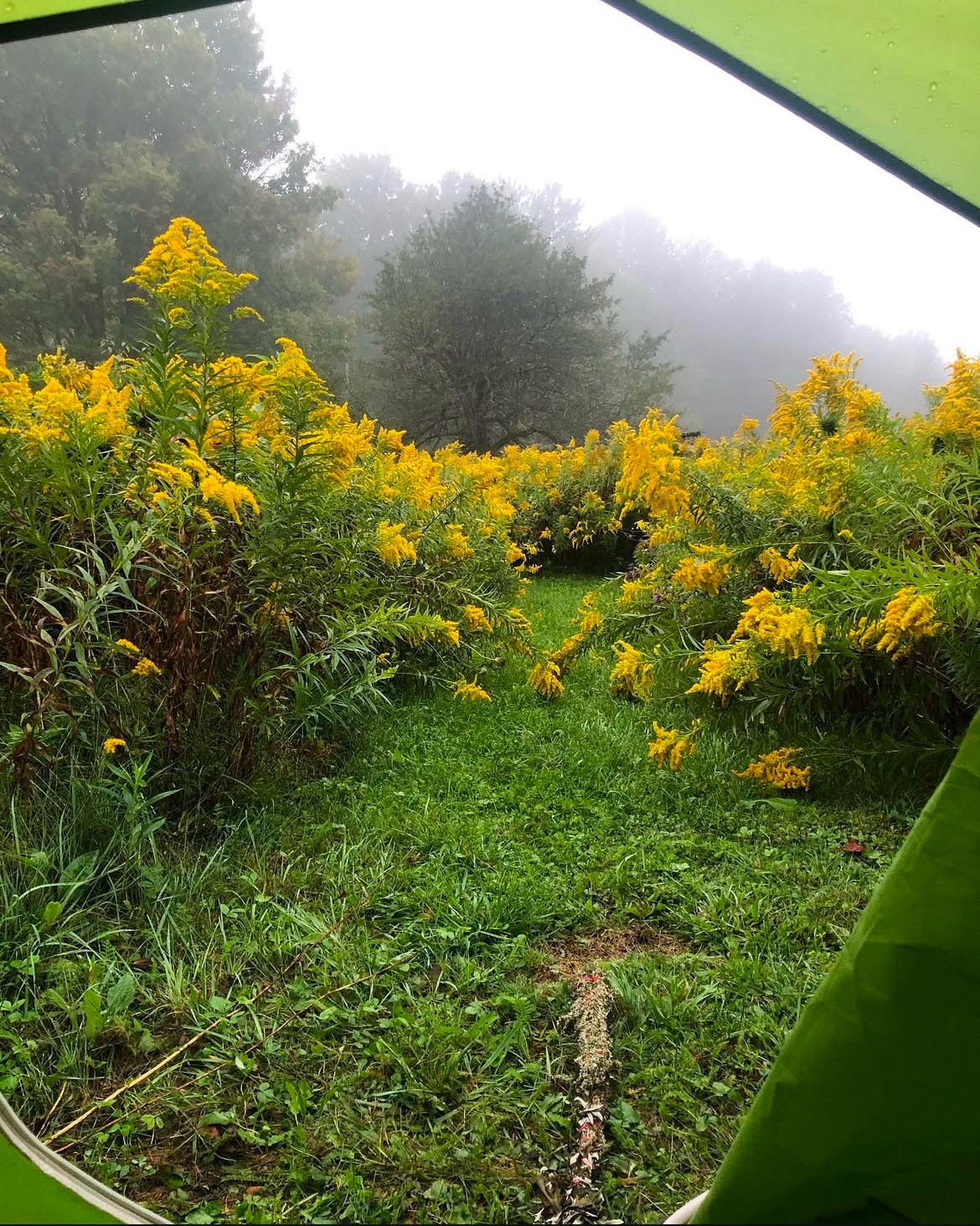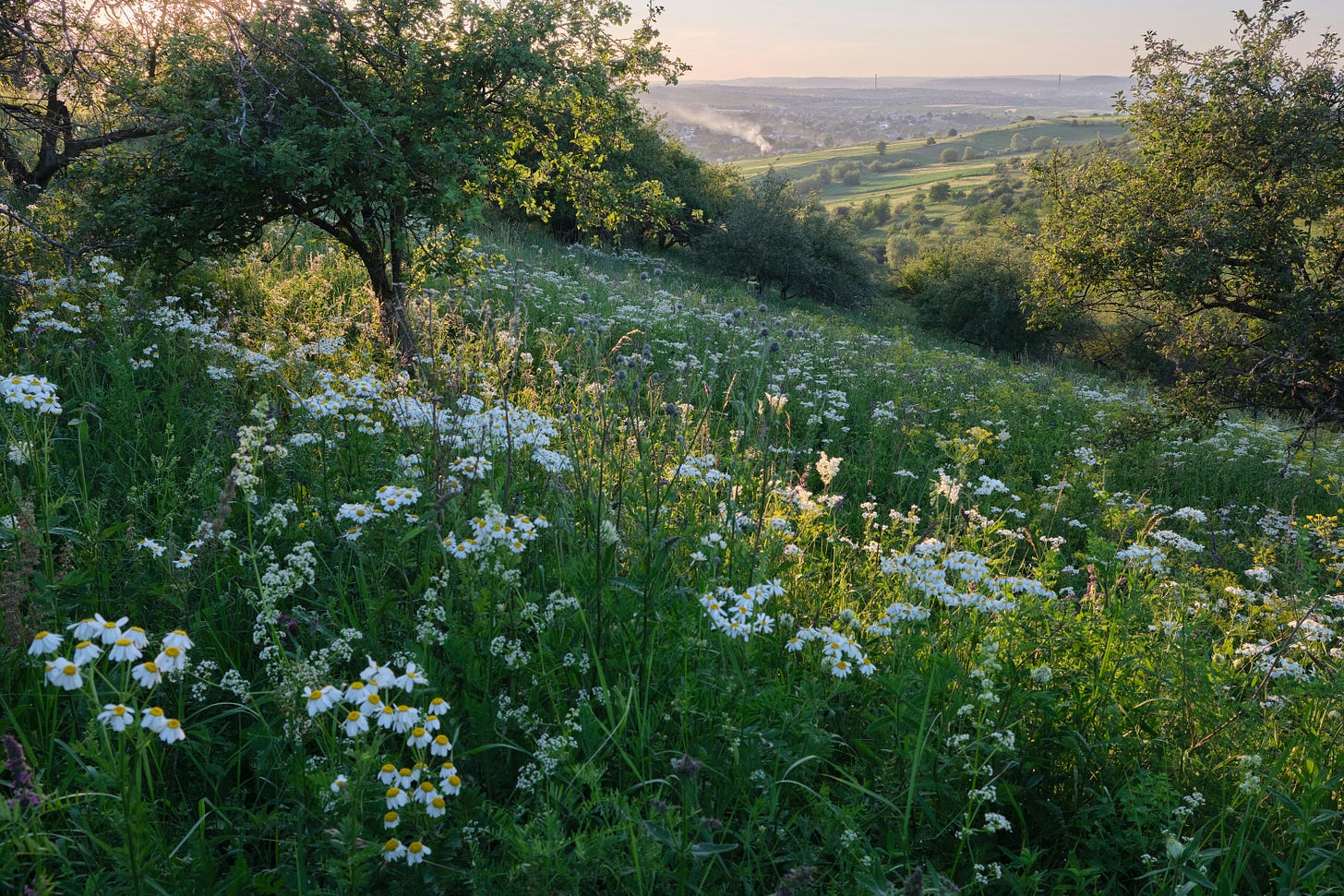What Is Herbalism? Hint: It's More Than You Think
Exploring the timeless practice of herbal medicine and its deeper meaning beyond the science.
What is Herbalism?
When I ask myself, “What is herbalism?” my mind fires off in what feels like a million different directions. The art of herbalism is such a complex, deeply rooted practice that it’s no surprise this question would be answered differently by each individual.
If you were to Google the same question, you’d likely come across a bland response along the lines of: “Herbalism is the study of the effects of herbs and how they interact with the body.” Sure, that’s technically correct. But herbalism is so much more.
Could it be the freedom of taking your health into your own hands? The empowerment of understanding medicine that comes directly from the Earth—medicine capable of healing your mind, body, and spirit?
Could it be the reconnection to nature that many of us have lost? Immersing ourselves once again in the natural world, reviving the bond our ancestors cherished but that we’ve largely severed. Somewhere along the way, we started avoiding nature or even fearing it, labeling forests as “scary” instead of sacred.
Could herbalism also be the practice of listening to your body? Dropping into the stillness of your soul and forming that intuitive link between heart and mind. Imagine recognizing when your nervous system cries out for rest or when your energy feels depleted—and answering that call with nature’s remedies.
Could it be an act of resistance? A rejection of the allopathic approach that so often applies proverbial band-aids to our ailments while ignoring root causes. Herbalism invites us to armor ourselves with traditions and practices passed down through centuries, to fight for our own healing with plants as allies.
For me personally, herbalism as really allowed me to reconnect with nature. In the summer of 2023, I studied under herbalist Tammi Sweet in Ithaca, NY. We met one weekend a month, immersing ourselves in the study of the beautiful plants the land had to offer. As part of the apprenticeship, we were required to camp in a tent for the weekend.
For some, this probably seems like no big deal. But for a girl from the cozy suburbs of Buffalo, NY, tent camping alone wasn’t something I was comfortable with. The first weekend, I couldn’t bring myself to do it—I paid extra to sleep in a cozy converted silo instead. By the second weekend, I decided to challenge myself. I pitched my tent and spent the night outdoors, feeling exposed and utterly alone. Every twig snap and owl hoot seemed magnified.
One weekend, a terrible thunderstorm rolled through, and as the wind howled and rain pounded my tent, I was convinced I would be swept away. But I made it. The plants made it. The trees made it. The birds made it. Nature always makes it. Looking back, I realize those nights helped me rebuild a connection to the land that we as a society have lost. I wasn’t just studying the plants—I was with them, in their environment, sharing in their experience.
The view from my tent:
Herbalism Through the Ages
Herbalism isn’t new. It is humanity’s oldest form of medicine, predating written history. In ancient Greece, Hippocrates—often called the “Father of Medicine”—championed the use of plants like willow bark for pain relief (the precursor to modern aspirin). The Egyptian Ebers Papyrus (circa 1500 BCE) contains hundreds of herbal remedies, from garlic for infections to aloe for skin care.
Even today, nearly 25% of modern pharmaceuticals are derived from plants. Think of quinine from cinchona bark (used to treat malaria), digoxin from foxglove (for heart conditions), or morphine from the opium poppy. These are testaments to the enduring power of herbal medicine.
What Do We Study in Herbalism?
We study the plants. That’s it, really. But this simple act unfolds into a world of discovery. We study:
Phytochemistry: The chemical compounds in plants that interact with our bodies.
Ethnobotany: The relationships between plants and the cultures that use them.
Pharmacognosy: The science of deriving medicine from natural substances.
Herbalism is interdisciplinary and endlessly fascinating. Clinical trials and modern research increasingly validate what traditional healers have known for centuries: herbalism works.
More Than Just Science
Whenever I hear someone dismiss herbalism as “quackery,” I can’t help but ask: where do you think your modern medicine came from? Many of today’s drugs are simply concentrated or synthetic versions of plant compounds.
Yes, herbalism is about studying plants and their effects on the body. But it’s also about so much more. It’s about freedom. Hope. A key to a door locked by pharmaceutical companies’ intent on profiting from our health.
My Hope for You
Through this post, I hope I’ve shown you a glimpse of what herbalism can mean. It’s a study of plants, yes, but it’s also a way to reconnect with nature, empower yourself, and even build a little “pharmacy” in your own backyard.
Herbalism is a gift from the Earth, and it’s my passion to share this wisdom with you—so you too can take control of your health and nurture a deeper bond with the natural world.
I encourage you to ask yourself, “What is Herbalism?”. Feel free to leave your answer down in the comments, to inspire other readers.







This was a lovely introduction to herbalism. I'm just stepping on to my plant path although I've always felt the pull of the plants.
It can feel a little overwhelming with so much to learn and take in, but I remind myself that the plants are patient 😅
I am so excited I found your substack!! 1) your writing is lovely. 2) I just spent most of the last year living out of a rooftop tent on top of my SUV as I traveled. I’d never really camped before, but the section where you mentioned how sleeping in a tent helped you reconnect with the land is 100% how I felt. I didn’t even realize how disconnected I’ve been my whole life until I spent that time outdoors. Now, my relationship with nature has become everything I’ve dreamed of it being (even now that I’m living in a house again). Herbalism has called to me, but it feels like such an overwhelming and lofty topic that I hesitated to know where to start. I’m so excited to read your posts. I think it’s going to be the perfect launching pad!!